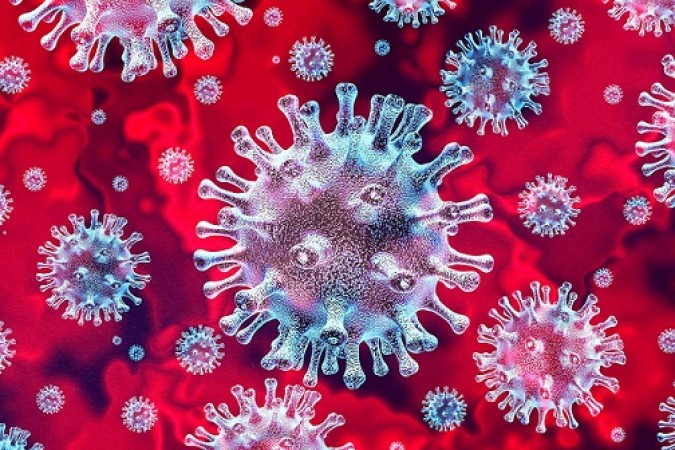
NEW DELHI: A recent study led by researchers at the Barnes-Jewish Hospital in Missouri, US, showed that a total of 16.29 billion doses of antibiotics were sold in India in 2020. Adult dose usage increased from 72.6 percent in 2018 and 72.5 percent in 2019 to 76.8 percent in 2020. The study, published in the journal PLOS Medicine, indicated that almost everybody who was diagnosed with Covid-19 received an antibiotic in India.
The unsystematic usage of antibiotics to treat Covid-19 patients is likely to make antimicrobial resistance (AMR) the next big public health crisis in India and globally, said experts said.The World Health Organization identifies AMR as one of the significant threats to global health and estimates that it will contribute to 10 million deaths by 2050.
"AMR is a bigger threat than Covid-19, we need harmonised on-ground action on human, animal, and environmental fronts to prevent its escalation into a public health emergency. India and many low and middle-income countries are already seeing a surge in drug resistance, even in common infections. I worry that due to Covid-19, the AMR situation has worsened. We need collective and immediate actions to curtail the aftermath," said lead author Professor Nirmal Kumar Ganguly, in a statement.
Another often ignored reason for the spread of AMR is the discharge of untreated effluents by pharmaceutical manufacturing units and hospital wastewater. It degrades the environment and affects animal and human health by increasing AMR, the experts said. Besides direct intake of antibiotics, the drugs are also used indiscriminately in the animal husbandry and livestock industry.
Sero survey report by ICMR shows Rajasthan has 2nd highest Covid antibodies after MP
Lancet study on Pfizer, AstraZeneca vaccine; antibodies may reduce by 50pc after 3 months
Biocon Biologics expands its COVID portfolio with the addition of a novel antibody.